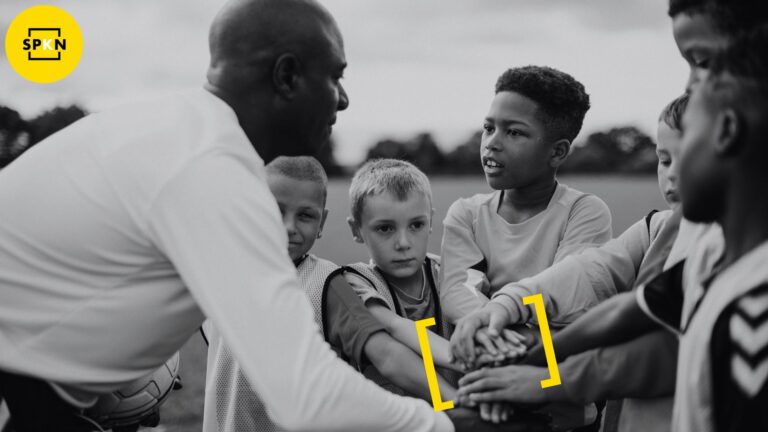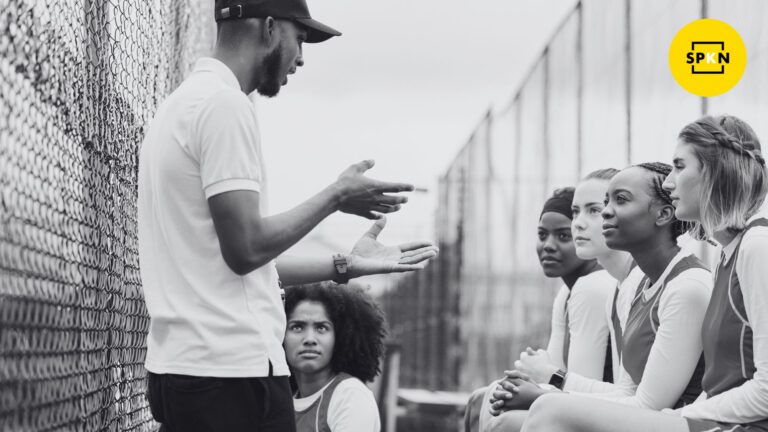
Coaches play a crucial role in the holistic development of athletes, impacting their personal and professional growth in significant ways. By focusing on building positive relationships, fostering a healthy team environment, balancing athletic and personal development, and recognizing the individual needs of athletes, coaches can nurture and positively influence their athletes' identities.

In the dynamic world of sports, cultural competence is becoming an essential skill for coaches who work with diverse teams. Understanding and integrating athletes' varied cultural backgrounds into coaching methods fosters inclusivity and enhances team communication and performance. This article explores strategies for sport coaches to develop cultural competence and create a more cohesive and successful team environment.

In recent years, wearable technology has revolutionized the sports industry, providing athletes, coaches, and sports scientists with unprecedented data on performance, health, and recovery. Devices such as GPS trackers, heart rate monitors, and sleep analyzers offer a wealth of information that can enhance training programs and prevent injuries. However, the widespread adoption of these technologies also brings significant drawbacks, particularly concerning the personal development and autonomy of collegiate athletes.

Effective communication is a cornerstone of successful coaching, and one of the most impactful strategies is the principle of "Praise in Public, Condemn in Private." This approach is not just about being nice; it's a strategic tool that can significantly enhance team dynamics and individual performance. As coaches, embracing this principle is a testament to our commitment to compassion-powered leadership.

Welcome to the Monthly Research Round Up! The goal of this round up is to provide you, the reader, with a curated place to come learn about the most cutting edge research focused on sport.




